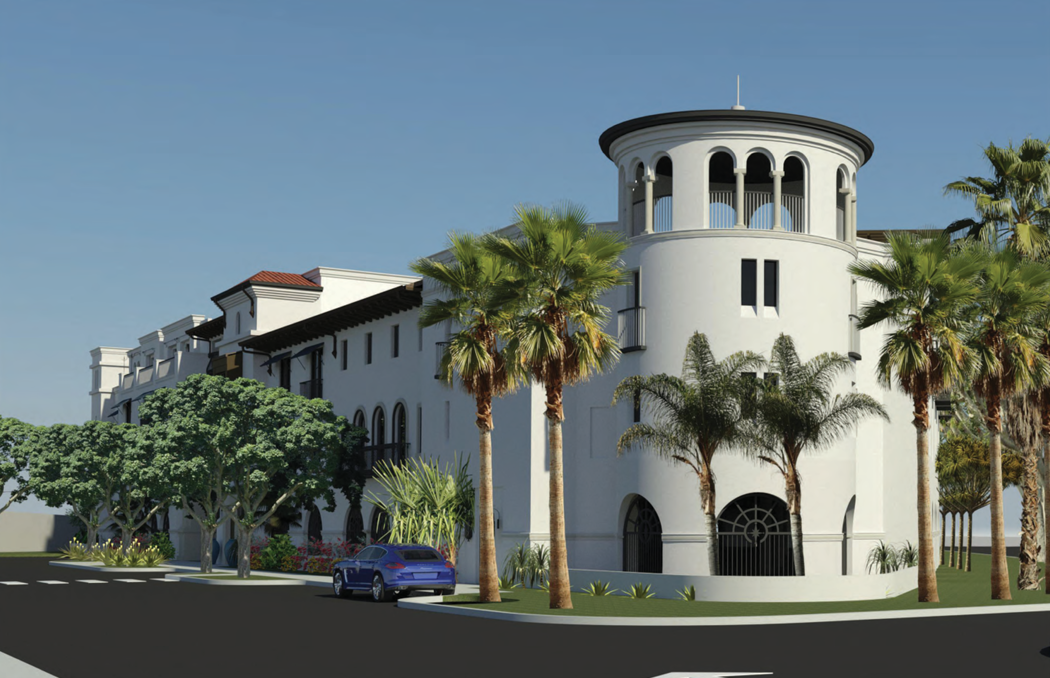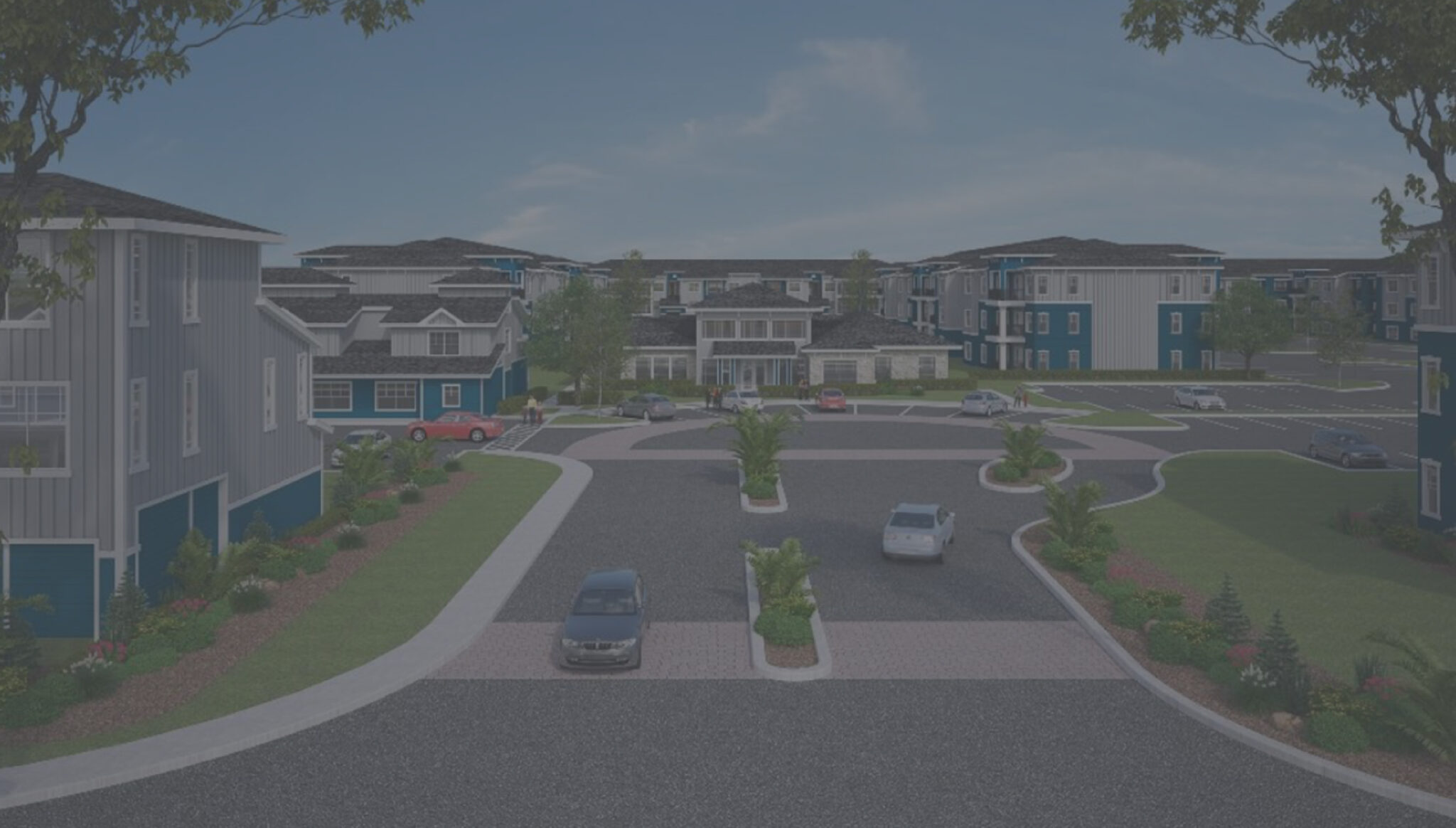For many commercial real estate developers, non-recourse loans are an appealing way to secure capital without putting personal assets at risk. Unlike recourse loans—which hold borrowers personally liable if a project underperforms—non-recourse financing is secured by the property itself. If something goes wrong, the lender’s recourse is limited to the asset, not the developer’s personal balance sheet.
At HALL Structured Finance, we offer non-recourse construction loans for qualified projects. But we’ve found that while this type of financing can be a strong tool, it’s not one-size-fits-all. There are real benefits—but also a few trade-offs that developers should keep in mind.
Why Non-Recourse Loans Appeal to Developers
One of the biggest advantages is limited personal liability. That’s especially important for developers managing multiple projects or investors. With non-recourse financing, risk is isolated to the project itself, which can make it easier to attract institutional partners who prioritize asset-level protection.
Non-recourse lending has remained a preferred structure for sponsors working on large-scale or stabilized projects, particularly in core and core-plus markets. That protection makes it easier for developers to grow their portfolios without overextending themselves personally.
What Lenders Look For
That said, non-recourse loans come with more scrutiny. Because we’re relying on the asset—not the borrower’s personal guarantee—we look closely at fundamentals: Is the location strong? Do the market comps make sense? Is there enough cash flow to support the deal once it’s up and running?
The Urban Land Institute points out that as construction and labor costs continue to rise, lenders are applying tighter underwriting standards—especially for non-recourse deals. We’ve seen the same. For us, a strong project means solid sponsorship, realistic financials, and a thoughtful plan for lease-up or stabilization.
There’s also the question of carve-outs. Most non-recourse loans include what are known as “bad boy” guarantees. That means if there’s fraud, misrepresentation, or intentional misconduct, the borrower can still be held personally liable. We walk through those terms carefully with every client so there are no gray areas down the line.
How We Approach Non-Recourse Lending
We’ve built our lending platform to support developers with smart, well-structured projects—and non-recourse financing plays a big role in that. Our focus is on creating the right loan for the right deal. If your project has strong fundamentals and a clear business plan, we’re able to structure a solution that reduces risk for everyone involved.
In today’s market, we know flexibility matters. That’s why we evaluate each project individually, balancing underwriting discipline with real-world development experience. When non-recourse is the right fit, we work closely with our borrowers to deliver competitive terms that support their long-term goals.
Final Takeaway
Non-recourse loans can be a smart way to limit personal liability while financing high-quality real estate. But they require preparation, transparency, and a partner who understands both the opportunity and the risk. At HALL Structured Finance, we take pride in helping developers navigate those decisions—and structure loans that set their projects up for long-term success.
Back To News Room
News Room
Related Articles
Scroll to explore related Articles from HALL Structured Finance team










